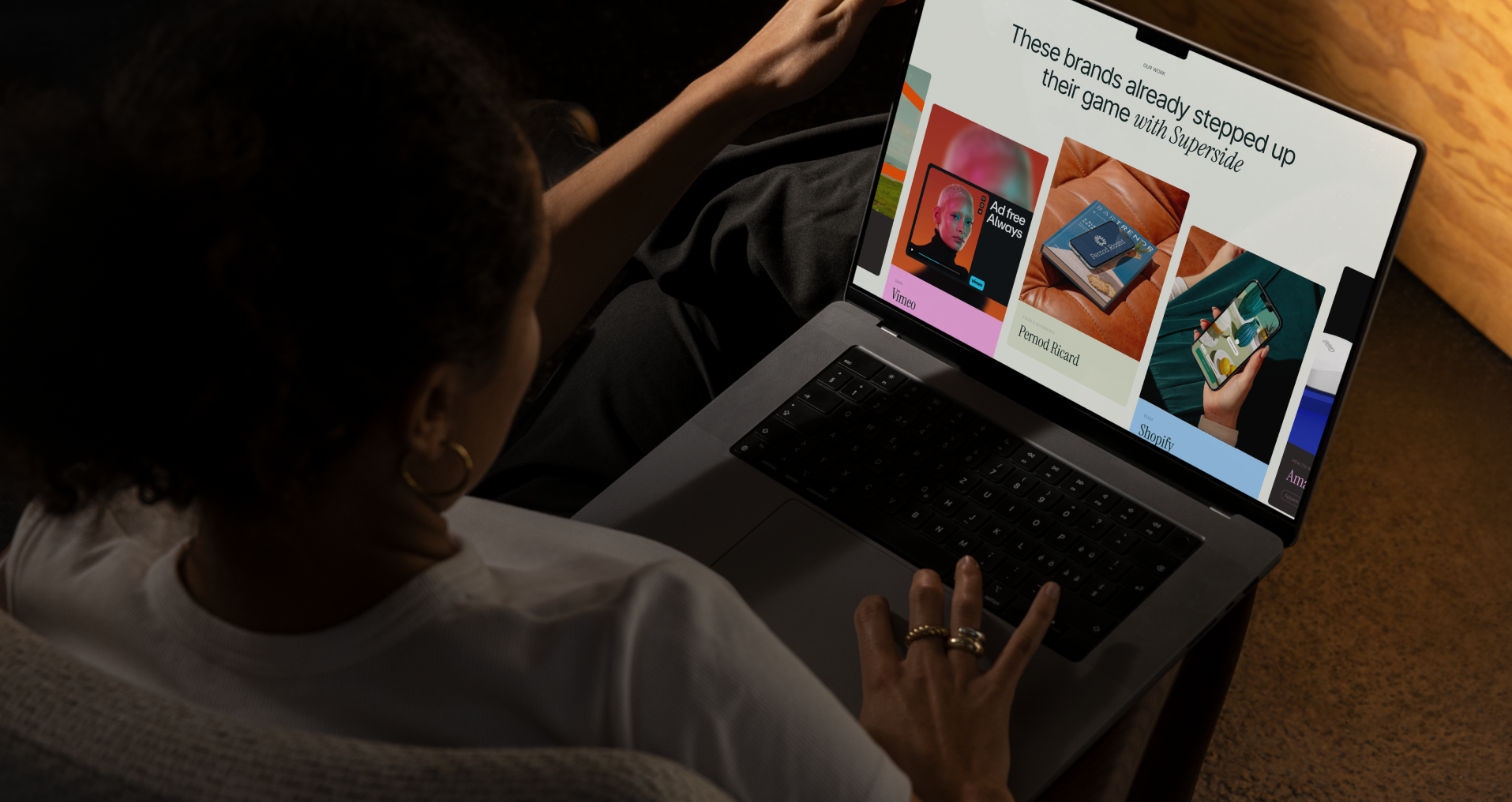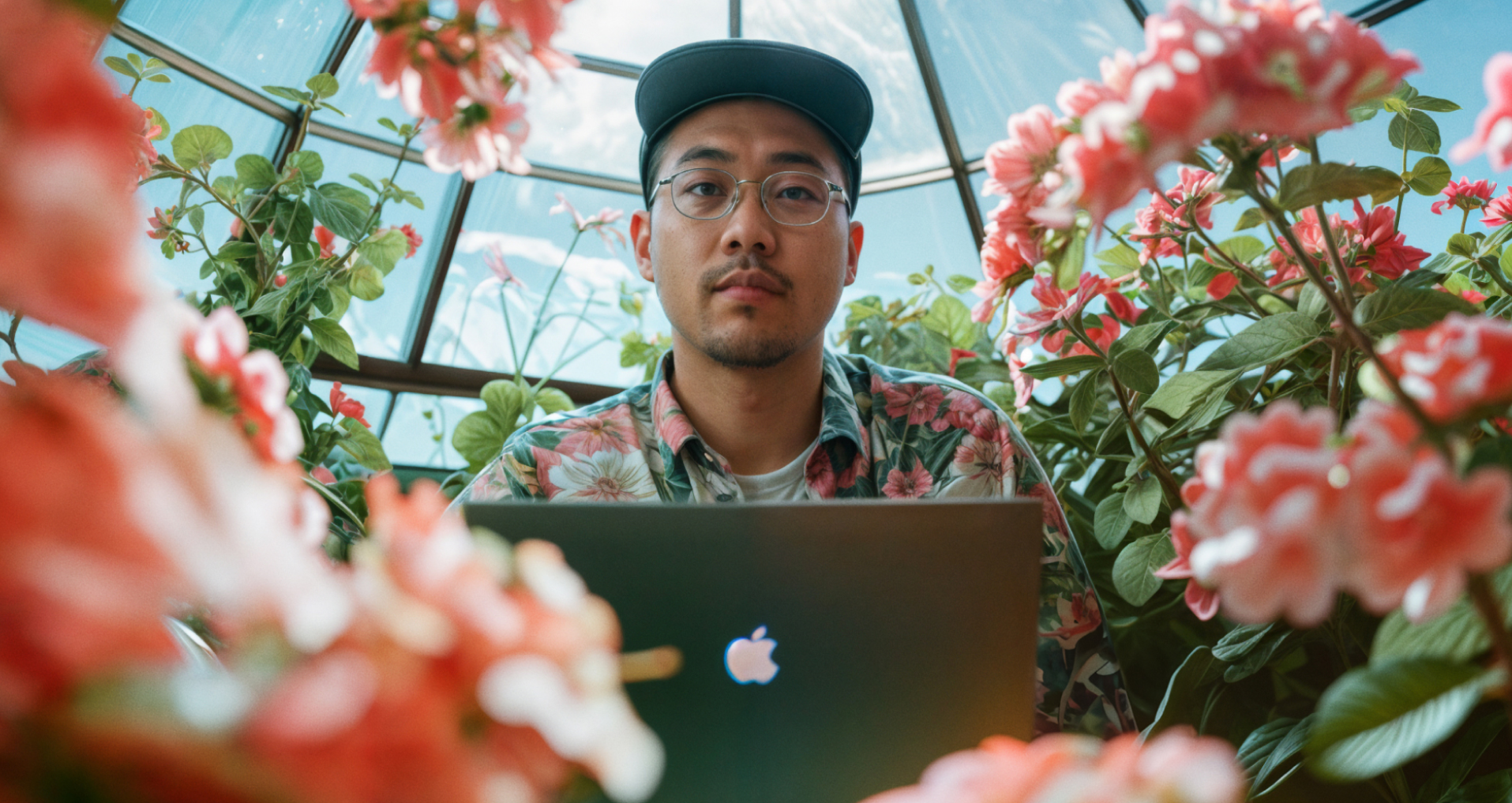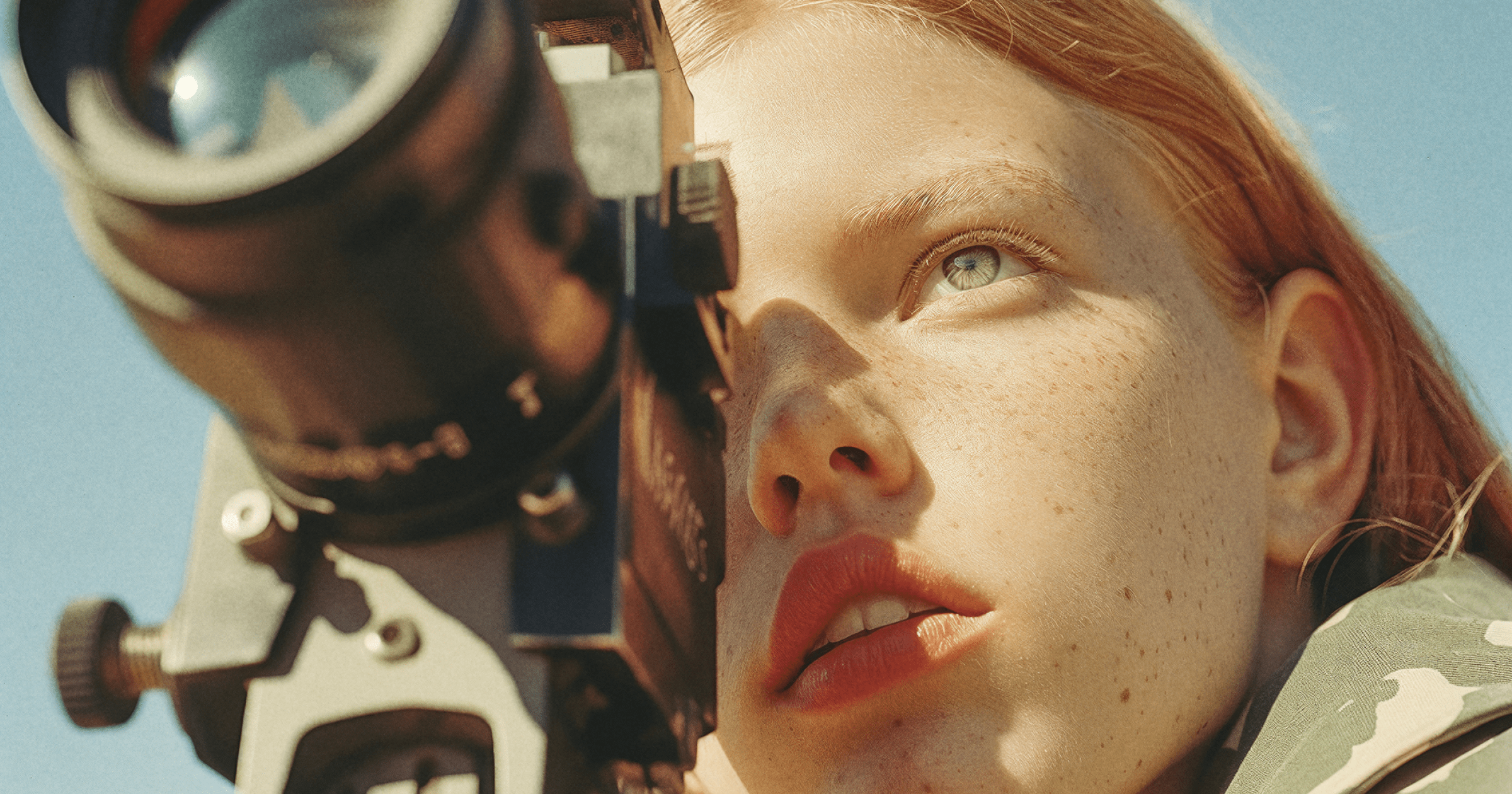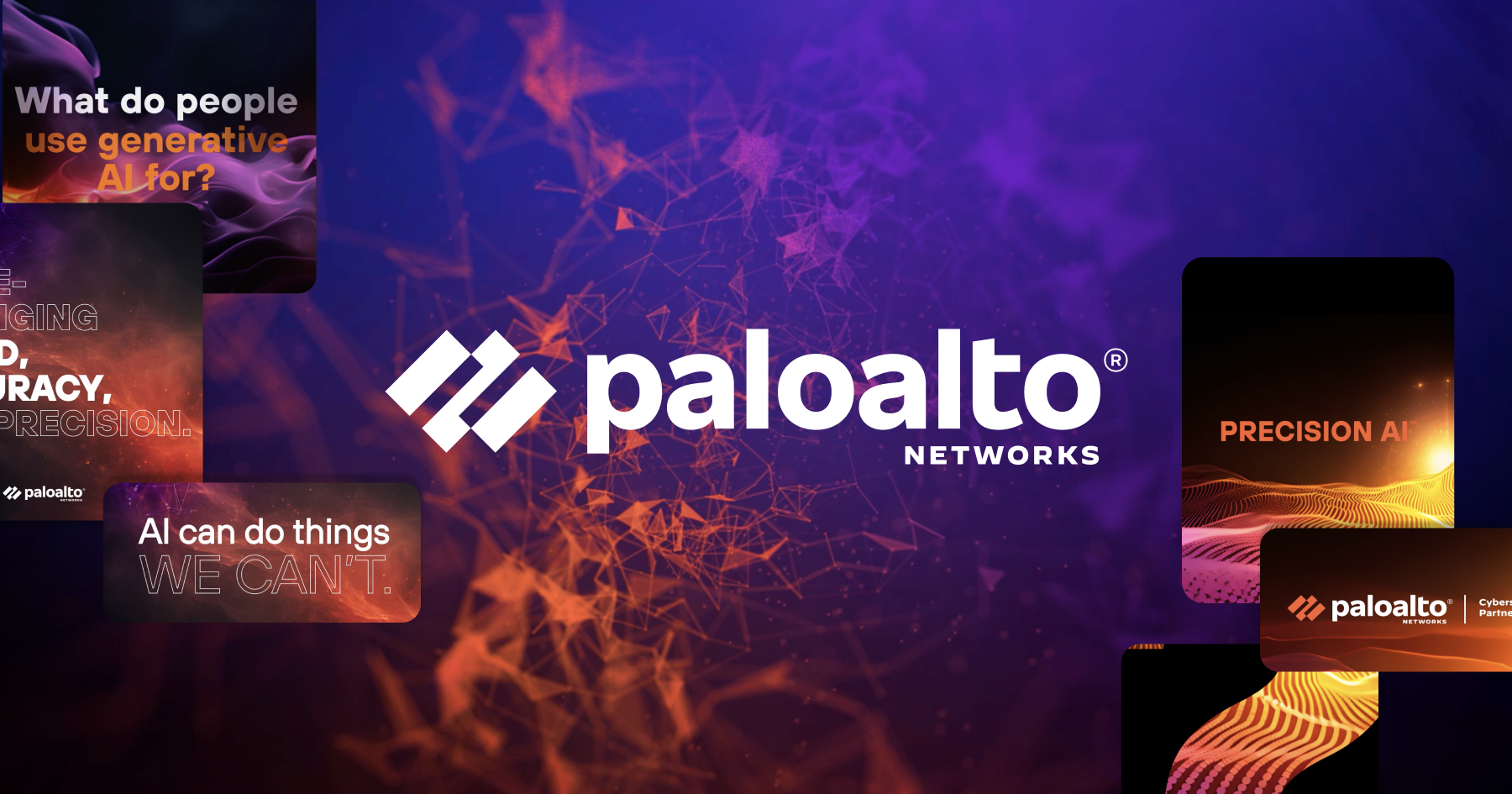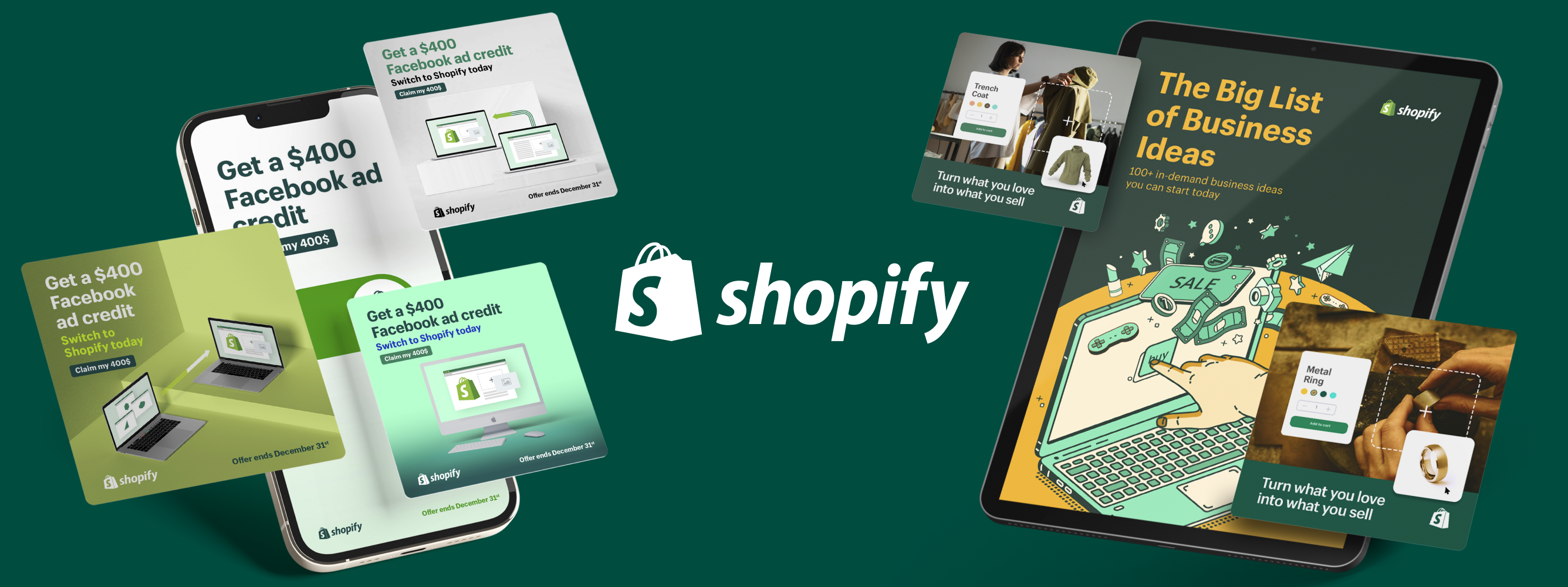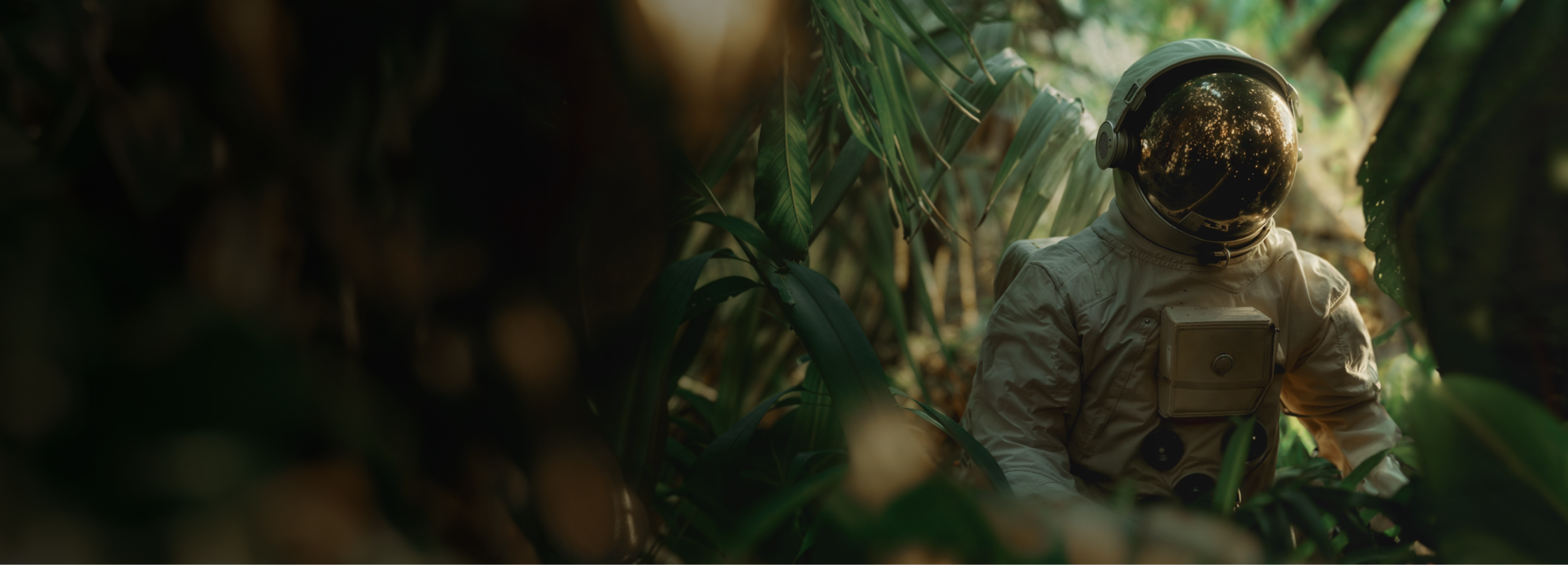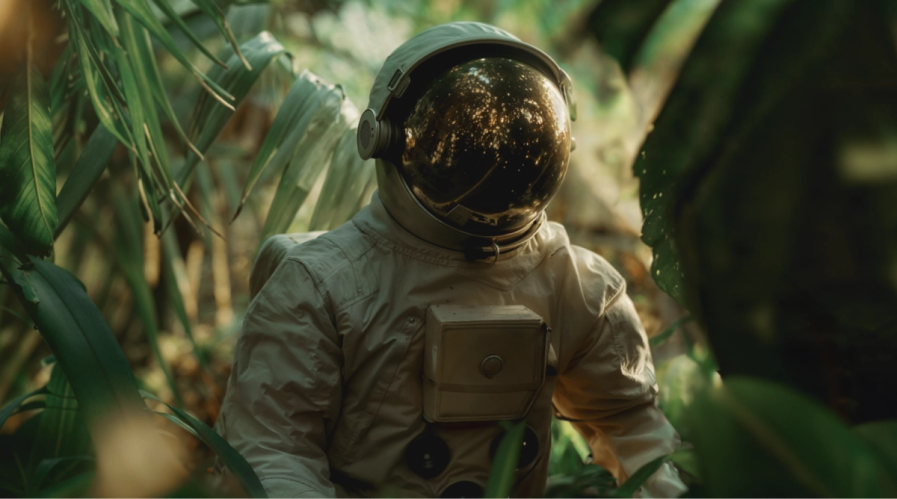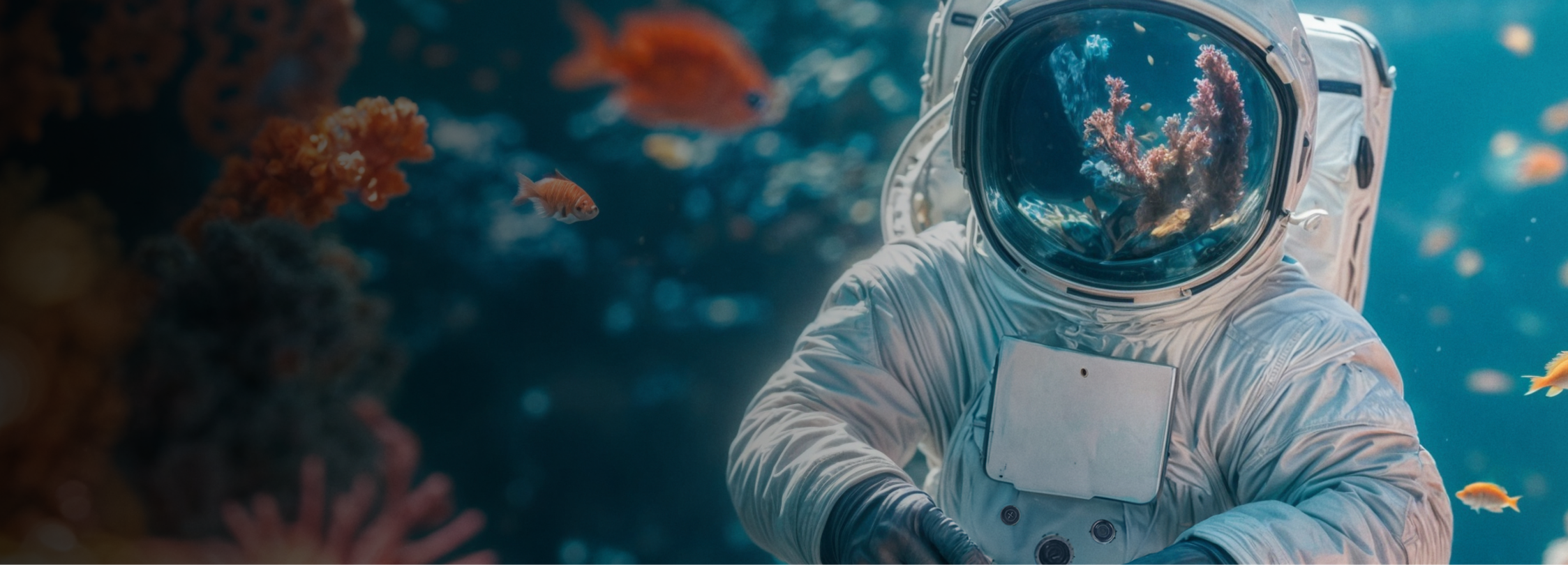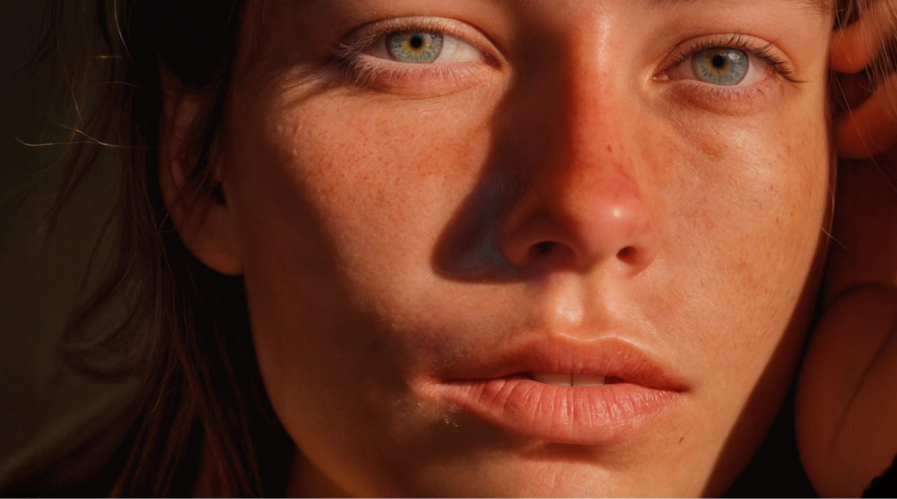The Creative Struggle for Meaning in the Age of AI Adoption

AI is sparking a fierce tug-of-war between innovation and identity. We spoke with over 800 creatives to find out how they really feel about AI. What we discovered? The future of creativity isn’t human vs. machine—it’s how we use AI to amplify our brilliance, not replace it. Read on to uncover the complex journey from fear to adoption.
Imagine being a painter in the 1840s, with people traveling for weeks to be immortalized by your delicate brushwork. As you finish your latest masterpiece, adding final details, a commotion catches your attention.
Outside, people marvel at a new invention—a sturdy black box that captures reality in minutes, with more detail than any painting could achieve. You feel a shiver down your spine. If just pressing a button can do what you can, what are you here for?
AI adoption has come to disrupt not only every industry, from medicine to finance to marketing, but also our daily lives. Large Language Models (LLMs) began as thought partners, capable of generating text in any language, tone or style, offering fresh ideas, planning support or even challenging your thinking.
Then, other types of Gen AI like image generation, voice, music and video enhancement and other tools, emerged. What used to take long hours or days (maybe months) and specific skills, is now achievable by knowing how to prompt effectively and trial and error.
Our AI Consulting Team surveyed over 800 creatives from 80 different companies and more than 10 countries. We listened to their thoughts and concerns on this new wave. By now, we have a much clearer understanding of how they think and feel about their work, and the changes AI is introducing into their workflows and their lives. Here are some of the results.
Creative and AI Worlds Collide
Creative people are one of a kind. Their unique skills and passion give purpose to everything they do, to communicate, provoke, enhance, persuade, facilitate interaction and solve problems.
This passion is deeply connected to their identity, their sense of belonging and craftmanship. Creating with their own hands, leaving traces of themselves in what they do.
AI adoption has delivered remarkable efficiency gains, speeding up processes and offering fresh perspectives, but this isn’t what’s unsettling creatives. In the end, who doesn't love a machine that solves the most boring, repetitive tasks that we don't want to do?
In art, you're passionate about what you do, which is why you chose a career that likely won’t make you as much money as being an accountant or a doctor. That’s who you are, with specific skills that got you hired. Then, one morning, you wake up and find yourself working at an AI-powered company.
But, what happens when this machine is taking over the tasks that you love, and that you know you can do better, with more creativity and intelligence? Why is efficiency suddenly so important?
I dedicated years of my life and studied 4 years for this. I chose this career for my life, and now you are telling me a machine does my job?
With every disruption, there's always resistance. Of the creatives we interviewed, 24% expressed that they are concerned AI might negatively impact their job security, reflecting the unease that comes with such a transformative shift in their industry.
While every creative is different, we’ve noticed a pattern in the path of AI exploration.
Introduction to AI
Initially, creatives are cautious, maybe fearful of AI. "Will AI take over my job? Will they need me in a couple of years, when AI starts producing better results?" These are some of the questions creatives ask themselves at this stage.
These fears come mainly from not understanding AI’s capabilities and limitations, and what it means to their jobs.
Out of the creatives surveyed, 63% of those not using AI admitted to being concerned it might negatively impact their job security. This drops to 37% for those actively using AI.
This contrast shows how understanding and exposure to AI often reduce fears.
While some creatives shy away at first, others are more curious to start exploring.
Exploration and discovery
At this point, creatives who take the time to explore and use AI, have found two things.
First, AI is far from being able to replace them. Second, there are applications that help them become faster and more creative. Some can even take over tasks they don't particularly enjoy doing.
This is when they understand AI is another tool, here to make their lives easier and help them get better results.
Giving creatives enough freedom and space to play with AI and leverage it as they please, is highly beneficial to achieve an effective integration development.
What happens when this change is forced, or coming from a context of pressure to upskill and keep up to date with a technology that not everyone wants to use? While it may increase efficiency, this is not what drives most creatives.
That’s when those fears of being displaced by a machine come back. The unique skills they have can now almost be replicated by anyone. This makes many creatives wonder what role they’re fulfilling. What does their identity mean anymore? How can anyone suddenly come and do something that used to take real skills and talent, which they have been developing for years with practice and passion?
I am afraid I will become obsolete if my clients start asking for more AI projects and I’m not skilled enough to do them.
At this point, AI output isn’t better than what a creative can achieve. But it's acceptable, fast and it's cheap.
Some creatives don't find that magic and joy in creating when they use AI. Because, in a way, it takes away that thing that they are particularly skilled at.
AI’s Ethical Considerations
Apart from this sense of loss of purpose and identity, come ethical concerns. Most AI models are trained with whatever data is on the internet. This includes assets that creatives have worked hard to produce but are not receiving any compensation or recognition for. This sparks sentiments of injustice and a fear of backlash from other creatives for using AI.
Suddenly some creatives are involved in an "Us vs. AI" tug of war, which creates further dissonance between their identity and AI adoption.
I’m a creative. I posted an AI art piece on my LinkedIn, and shortly after a creative colleague left a comment saying, 'Shame on you.' I didn’t know how to react.
Ensuring a Smooth Transition Into the World of AI
We know there is no stopping change. The world keeps spinning, and technology keeps evolving and finding ways into our lives. AI can be the creative's greatest ally, but it can also cause feelings of displacement, disillusionment and fear. With AI, the question is not whether it will change the creative landscape, it's how we choose to navigate that change.
The challenge now lies in guiding this transition thoughtfully—balancing efficiency with creativity, ensuring fair practices and listening to creatives' concerns. The goal isn't to replace human creativity. The goal is to elevate it—blending human passion with machine efficiency and ensuring that human touch and intelligence remain at the center of the creative process.
Jan leads Superside's AI Consulting Team, leveraging industry experience gained during his doctoral studies and tenures McKinsey and a venture capital fund specializing in generative AI. Connect with Jan to talk more about AI and what the weather's like in Helsinki.
You may also like these

Responsible AI: What Enterprise Brands Need To Know
Responsible AI isn’t just about what is legally allowed, it also speaks to the core of your brand identity, leading you to ask: What’s important to you as a brand? What are the things that make your brand truly unique?To empower you to take fundamental actions to ensure an effective approach to AI adoption that aligns with your brand’s core values, I'll take you through a high-level overview of why responsible AI is important, explain how to make crucial decisions and share examples from brands that have tackled these same questions.For many of our enterprise customers, the impact of using generative AI to produce marketing and advertising creative extends far beyond productivity gains—it helps your brand to stand out in a crowded marketplace, lets you iterate faster than your competitors and achieve your business targets.Whether you're an established leader or steadfast category disrupter, the way you roll out any initiative defines you. AI integration is no different, which is where the concept of practicing responsible AI comes in.Practicing Responsible AI: Purposeful Actions for Enterprise Brands
How To Assess AI Readiness [Quiz Included]
Many creative teams are ready to move from experimenting with AI to integrating it into their creative workflows. The challenge is getting started. While a majority of creative professionals (83%) and businesses (97%) believe strongly in the value of adopting AI, barely over one tenth (14%) feel ready. As humans, the moment we feel doubt, fear and hesitation also creep in. But, in an industry that's experiencing one of its most rapid and greatest transformations, the question isn't should you be ready, it's how to get ready: Preparing your people and your processes so they can successfully adapt. There's more to AI transformation than picking a tool and running with it. In this article, we'll discuss how to systematically evaluate your teams and your workflows so that you can establish a stronger foundation for success. What Is AI Readiness?
